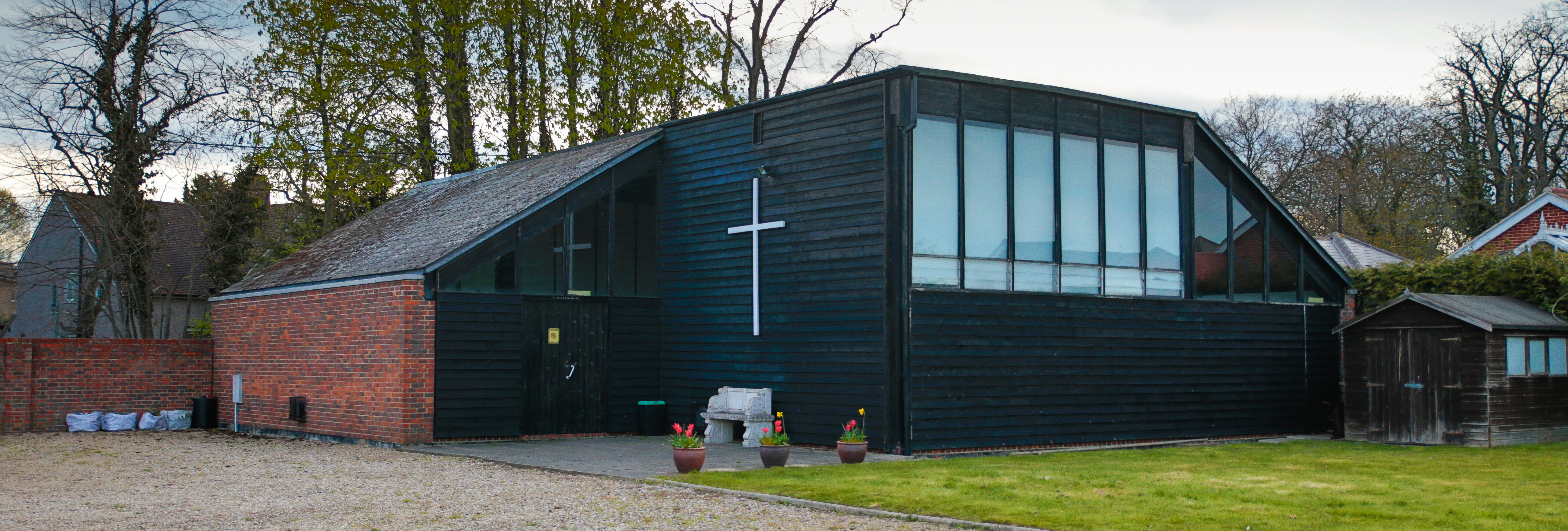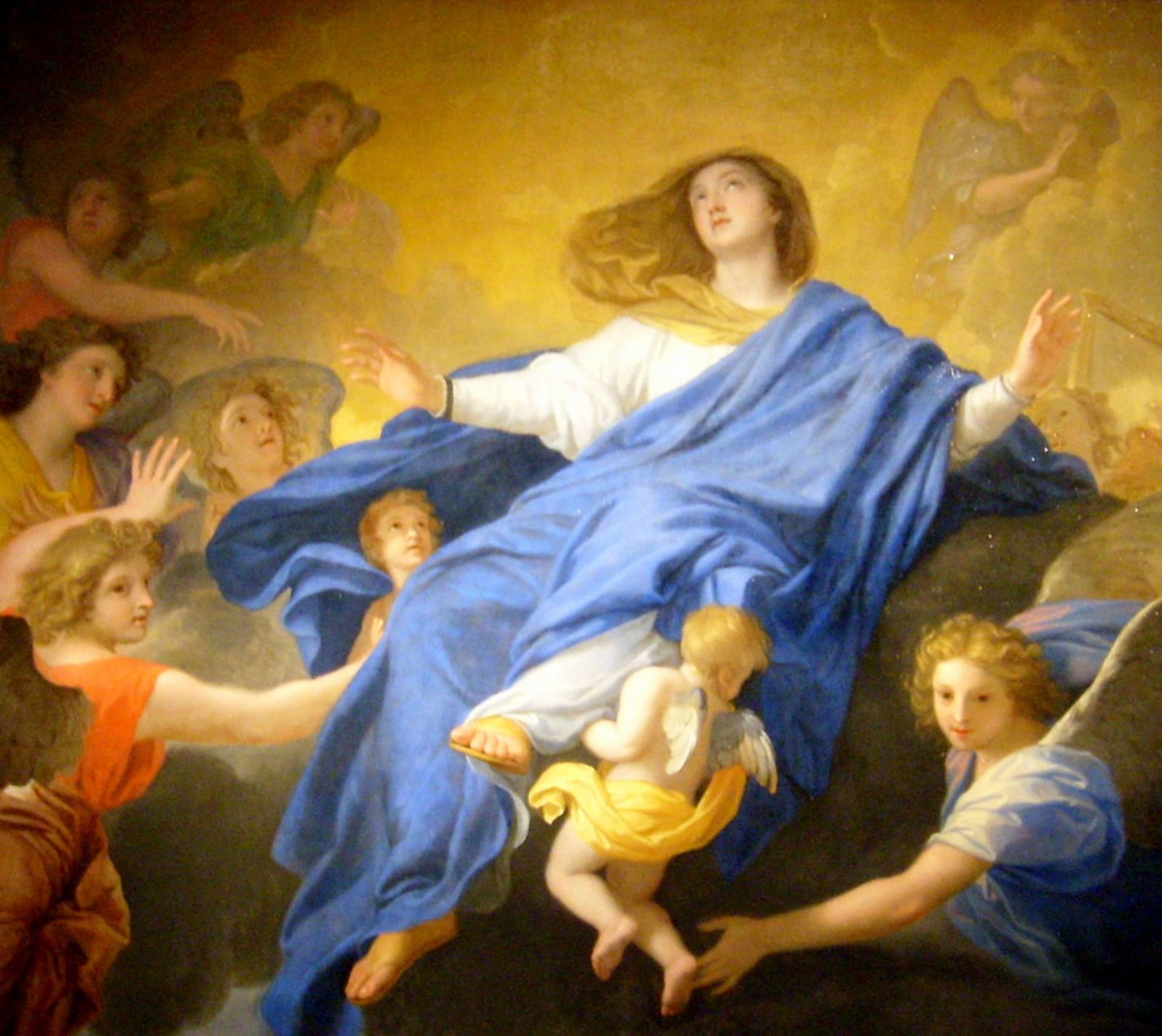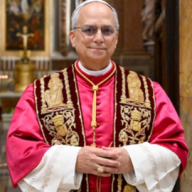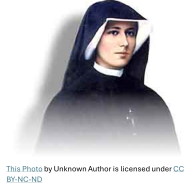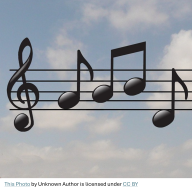“The liturgy of this feast of the Assumption offers us the Gospel passage on the Visitation. Saint Luke recorded in this passage a decisive moment in Mary’s vocation. It is beautiful to recall that day, as we celebrate the crowning moment of her life. Every human story, even that of the Mother of God, is brief on this earth and comes to an end. Yet nothing is lost. When a life ends, its uniqueness shines even more clearly. The Magnificat, which the Gospel places on the lips of the young Mary, now radiates the light of all her days. One single day — the day she met her cousin Elizabeth — contains the seed of every other day, of every other season. And words are not enough; a song is needed, one that continues to be sung in the Church “from generation to generation” (Lk 1:50), at the close of every day. The surprising fruitfulness of barren Elizabeth confirmed Mary in her trust; it anticipated the fruitfulness of her “yes,” which extends to the fruitfulness of the Church and of all humanity whenever God’s renewing Word is welcomed. That day, two women met in faith, then stayed together for three months to support each other, not just in practical matters but in a new way of reading history.
And so, dear brothers and sisters, the Resurrection enters our world even today. The words and choices of death may seem to prevail, but the life of God breaks through our despair through concrete experiences of fraternity and new gestures of solidarity. Prior to being our final destiny, the Resurrection transforms — in soul and body — our dwelling on earth. Mary’s song, Magnificat, strengthens the hope of the humble, the hungry, the faithful servants of God. These are the men and women of the Beatitudes who, even in tribulation, already see the invisible: the mighty cast down from their thrones, the rich sent away empty, the promises of God fulfilled. Such experiences should be found in every Christian community. They may seem impossible, but God’s Word continues to be brought to light. When bonds are born, with which we confront evil with good and death with life, we see that nothing is impossible with God (cf. Lk 1:37).
Brothers and sisters, when in this life we “choose life” (Dt 30:19), we are right to see in Mary, assumed into heaven, our own destiny. She is given to us as the sign that the Resurrection of Jesus was no isolated event, no mere exception. In Christ, we, too, can “swallow up death” (cf. 1 Cor 15:54). To be sure, it is God’s work, not ours. Yet Mary is that wondrous union of grace and freedom, which urges each of us to have trust, courage and participation in the life of God’s people. “He who is mighty has done great things for me” (Lk 1:49): may each of us know this joy and proclaim it with a new song. Let us not be afraid to choose life! It may seem risky and imprudent. Many voices whisper: “Why bother? Let it go. Think of your own interests.” These are voices of death. But we are disciples of Christ. It is his love that drives us — soul and body — in our time. As individuals and as the Church, we no longer live for ourselves. This — and only this — spreads life and lets life prevail. Our victory over death begins here and now.“



